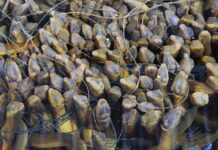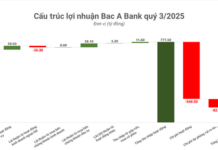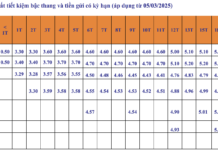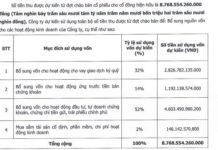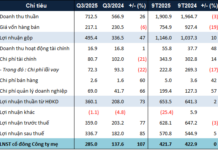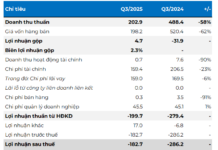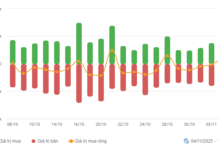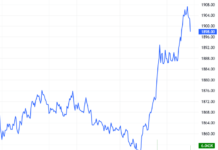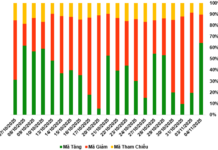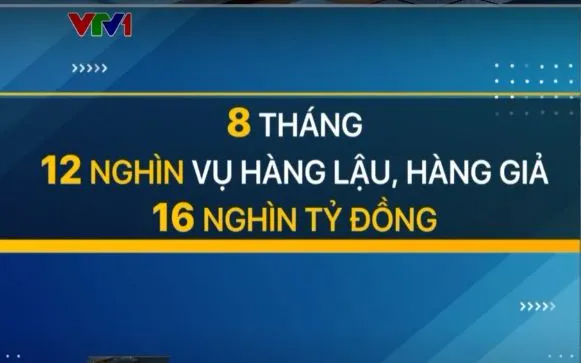
In the past eight months, customs authorities have detected nearly 12,000 cases of customs law violations, worth over VND 16 trillion. Of these, 14 cases have been prosecuted, and 76 cases have been transferred to competent authorities for prosecution. Most of these cases were concentrated along land border routes.
In addition to land borders, contraband goods are also being smuggled through seaports, international airports, and even postal and express delivery services. Notably, right within the domestic market, many syndicates are openly producing and distributing counterfeit goods, especially through social media and e-commerce platforms.
The majority of counterfeit goods are essential items such as medicines, dairy products, cosmetics, functional foods, alcohol, cigarettes, electronic components, gold, and foreign currencies. The perpetrators’ methods are becoming increasingly sophisticated, including false declarations, forged documents, goods swapping during transit, and taking advantage of self-declaration policies to legalize smuggled goods.
The customs sector has announced that in the coming time, they will tighten control over key routes, strengthen information gathering, and analyze data to prevent the formation of large syndicates. Moreover, anti-smuggling and anti-counterfeiting campaigns will be conducted over the long term with greater intensity and focus, aiming at both immediate handling and sustainable deterrence.
Experts emphasize that, in addition to strengthening sanctions and law enforcement forces, publicity work needs to be promoted to raise public awareness of the risks associated with counterfeit and contraband goods. Only by raising individual consciousness can we effectively protect businesses, safeguard community health, and foster a healthy business environment.

